The Roe v Wade ruling will disproportionately hurt Black women
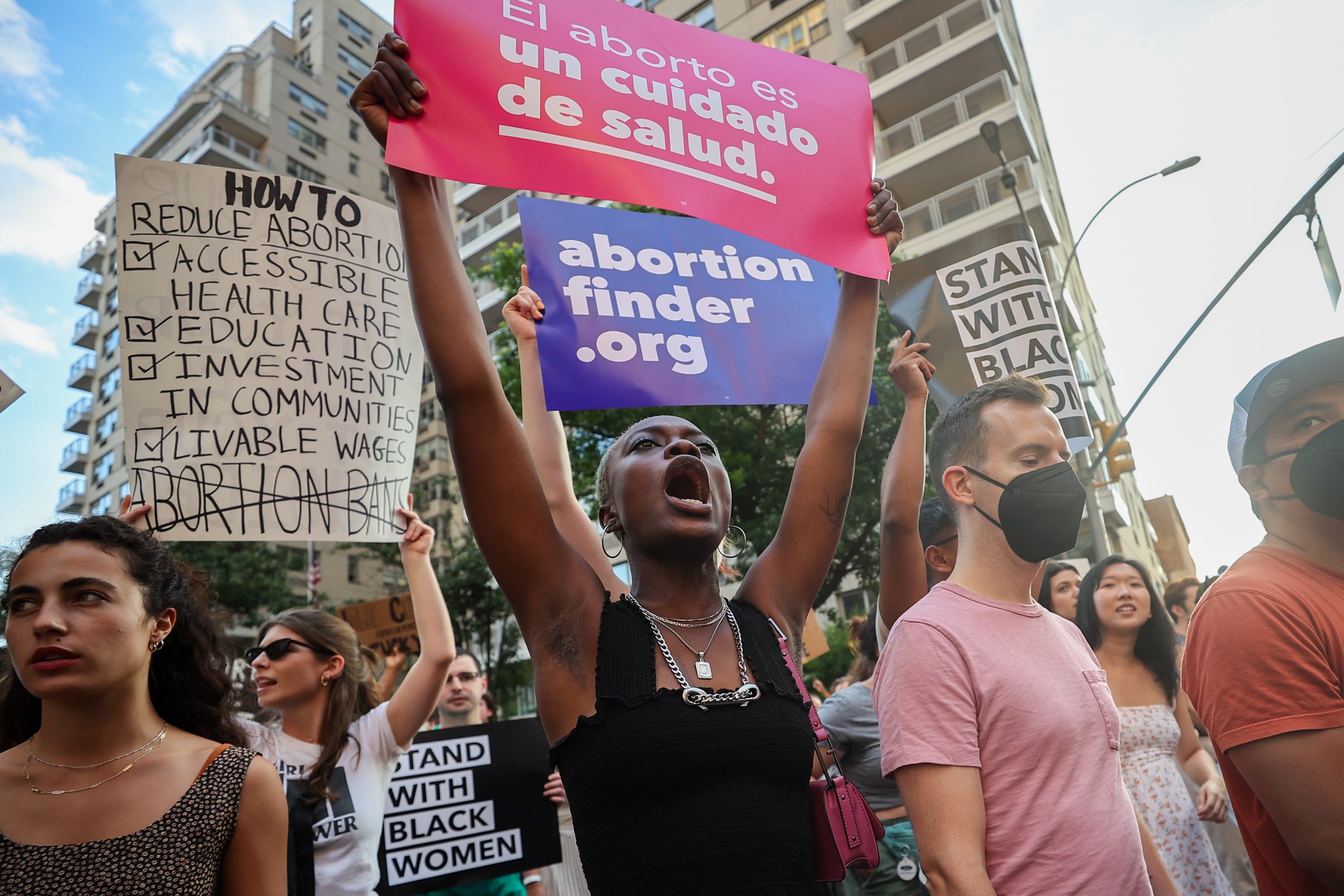

The Supreme Court has announced its decision to overturn Roe v Wade, with the regressive ruling expected to strip 36 million US women of the right to abortion care.
"The Supreme Court has overturned Roe, and decimated the right to abortion in the United States," posted the National Network of Abortion Funds following the verdict. "With this ruling, SCOTUS is allowing Mississippi to enforce its harmful 15-week ban on abortion and is opening the door for state legislatures to further restrict and ban abortion.
"Roughly half of states will outright ban or significantly limit abortion in the next year, and some have plans for immediate restriction."
The end of abortion as a constitutional right will affect women all over the US, but the verdict is expected to disproportionately impact Black women and women of colour.
In fact, according to a study by sociologist Amanda Stevenson, via The Guardian, Black women could see a 33% increase in pregnancy-related deaths post-Roe.
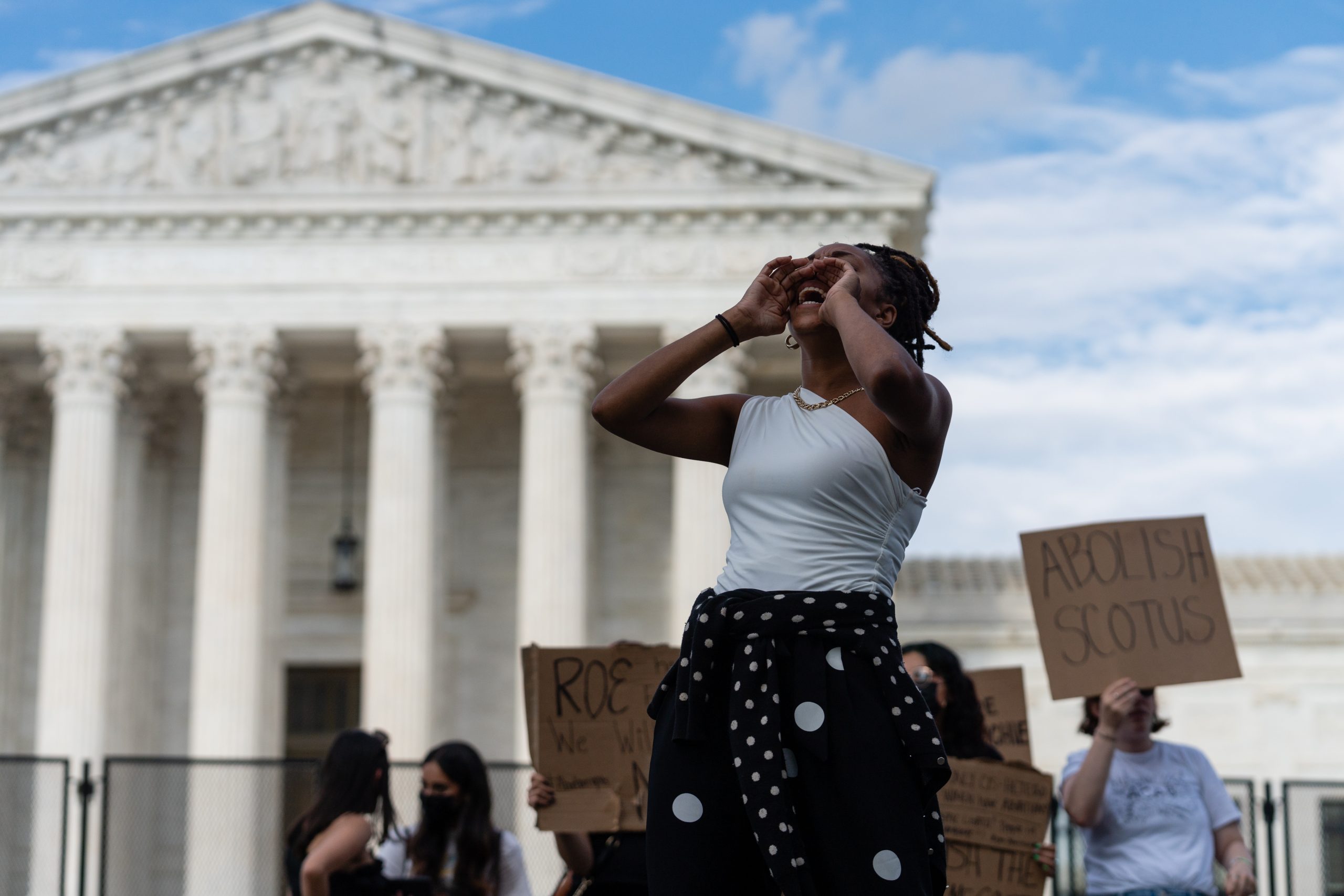
This is due to multiple systemic factors. Black women in the US are almost four times more likely to have abortions than white women, according to data from the Centers for Disease Control. The Guttmacher Institute cites the reasons for this as a lack of access to contraceptives and sex education. Black women are also more likely to live in the areas most affected by the overturning of Roe v Wade. Over half of the US's Black population live in Southern states where anti-abortion laws and reproductive restrictions are now expected to be triggered.
Added to this is the fact that Black women have historically faced economic and structural barriers to accessing basic healthcare services in the United States. Even during the days of Roe, there have been reports of dismissal and discrimination when seeking medical help, as a well as trouble obtaining health insurance and other oversights by healthcare providers.
Marie Claire Newsletter
Celebrity news, beauty, fashion advice, and fascinating features, delivered straight to your inbox!
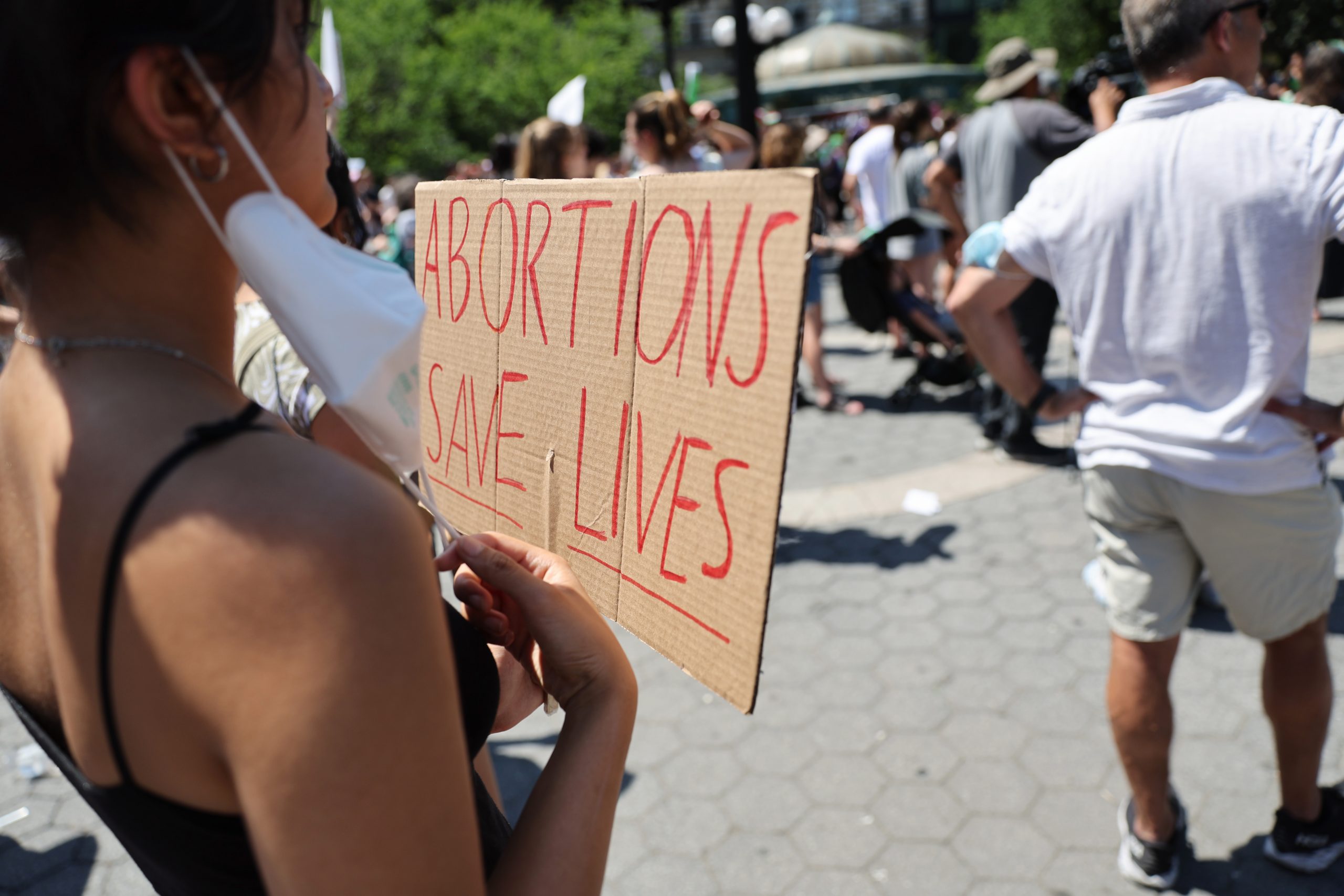
"As the only national non-profit dedicated solely to improving the physical, emotional, and financial well-being of Black women, we want to be clear," announced the Black Women's Health Imperative. "This decision harms all women. But it marks the beginning of a new public health crisis for Black women.
"Given that Black women tend to live in states hostile to reproductive healthcare, Roe's overturn directly endangers Black women's lives by exacerbating pre-existing access restrictions. Forcing Black women to carry dangerous, potentially deadly pregnancies to term will worsen the ongoing Black maternal mortality crisis that sees Black women dying from pregnancy at three times the rate of white women.
"The fall of Roe will also condemn Black women who seek abortions due to financial hardship to an inescapable cycle of impoverishment along with the poor health outcomes that accompany it."
"Black people already face multiple oppressions," the National Black Women’s Reproductive Agenda explained following the verdict. "Our children are routinely imprisoned or murdered by those who are supposed to protect us; our neighbourhoods are denied access to clean air, clean water, fresh food and safe housing; our basic health needs are denied, as we are forced to seek care from a system riddled with racism; and our right to vote, allowing us to change this system, is increasingly denied.
"For Black women, the fight for reproductive rights has always been about more than abortion and birth control; it is, and always has been, about having control over our own bodies and having the power and resources to live and raise our families with dignity in a safe and healthy environment."
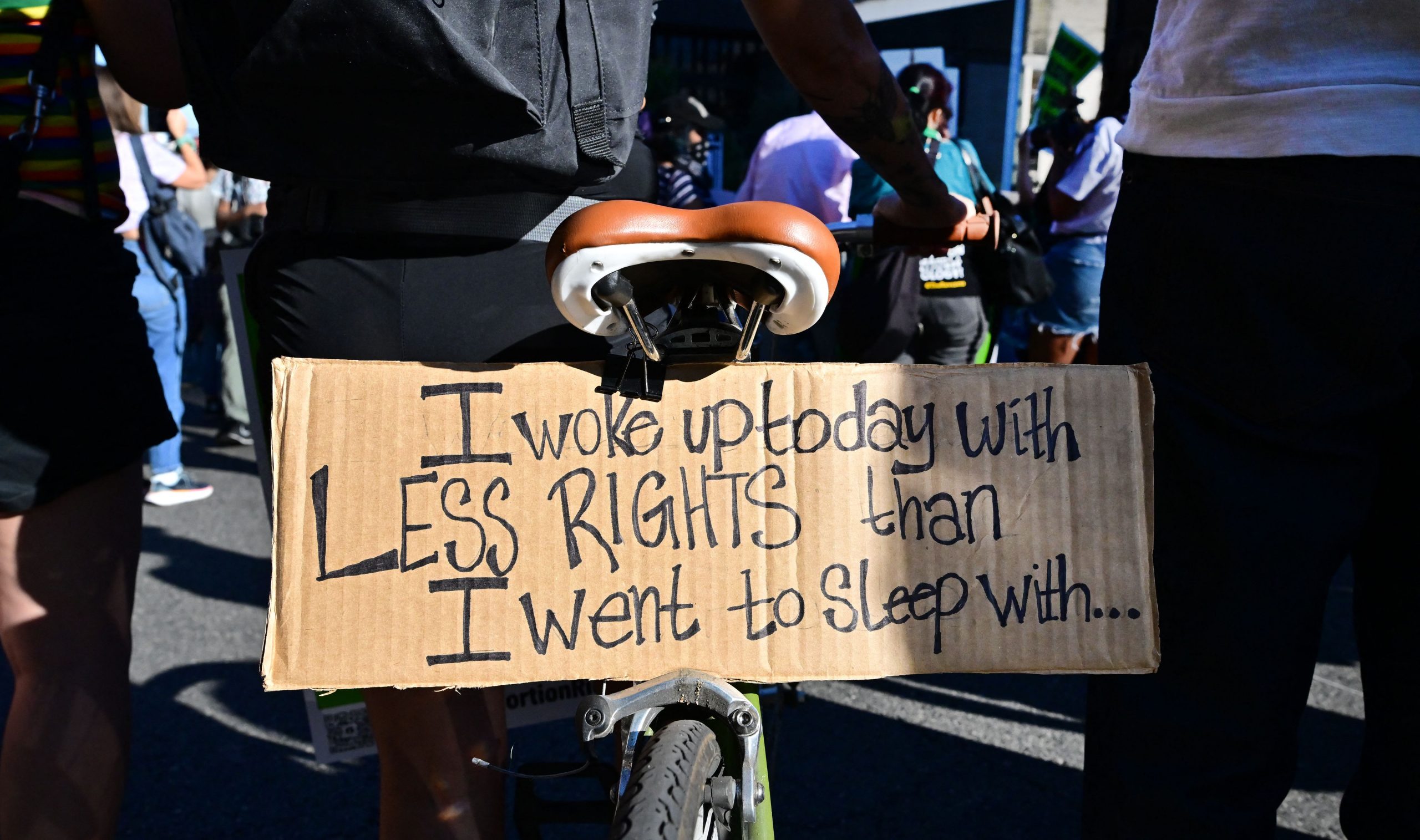
"Roe was a significant step toward a more equitable society in which Black women had access to the autonomy and agency they have traditionally been denied," the Black Women's Health Imperative explained. "But by overruling nearly fifty years of legal precedent, the Court has turned the clock back on decades of progress made by Black women in America - and fanned the flames of a deadly public health crisis in the process."
We will continue to update this story.

Jenny Proudfoot is an award-winning journalist, specialising in lifestyle, culture, entertainment, international development and politics. She has worked at Marie Claire UK for seven years, rising from intern to Features Editor and is now the most published Marie Claire writer of all time. She was made a 30 under 30 award-winner last year and named a rising star in journalism by the Professional Publishers Association.
-
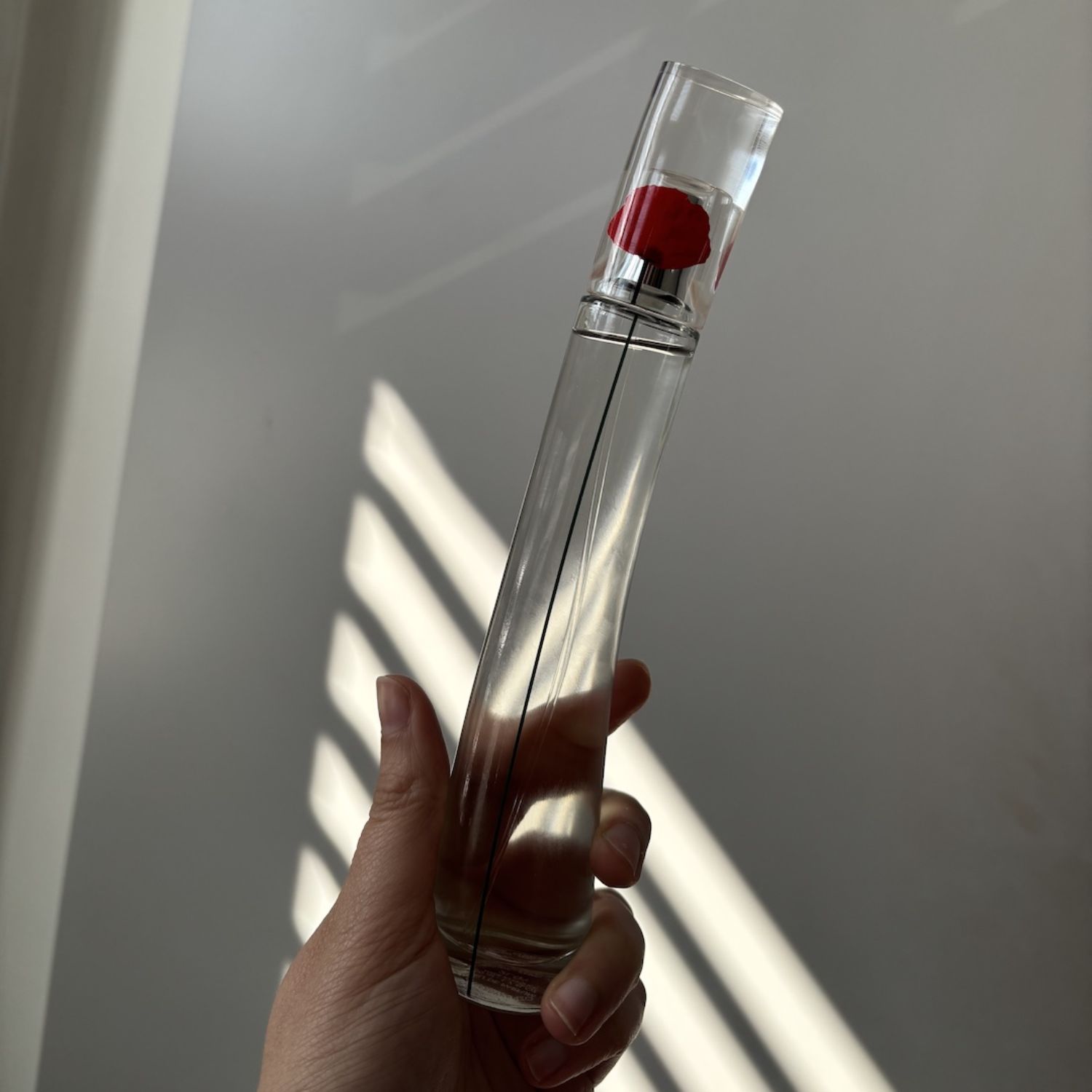 As a perfume-obsessed beauty editor, I can’t believe it’s taken me 25 years to try this classic Y2K scent
As a perfume-obsessed beauty editor, I can’t believe it’s taken me 25 years to try this classic Y2K scentIt was worth the wait
By Mica Ricketts
-
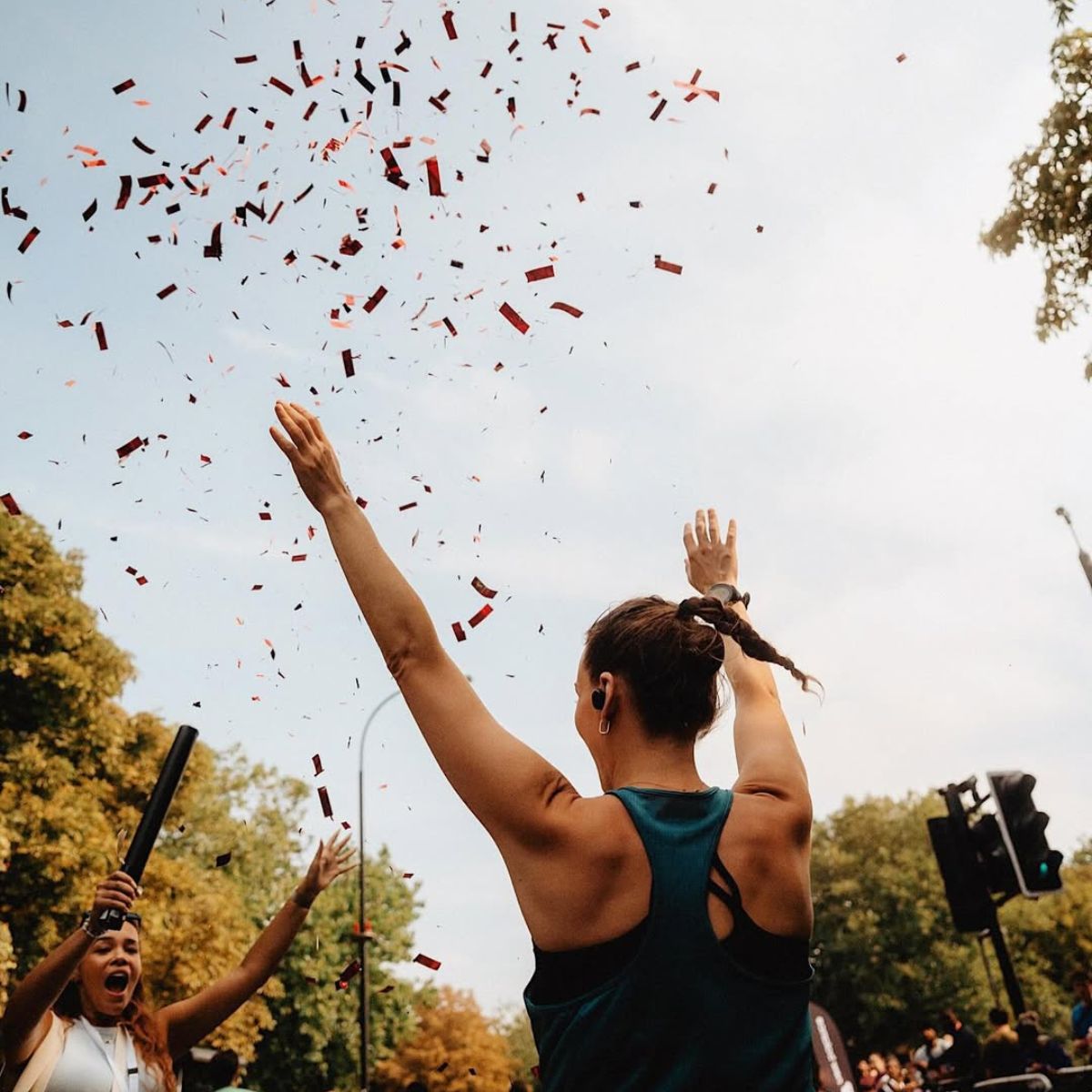 I'm a 9x marathoner who likes looking and feeling their best. Enter: the functional but fashionable race day outfits I swear by
I'm a 9x marathoner who likes looking and feeling their best. Enter: the functional but fashionable race day outfits I swear byThese outfit formulas almost guarantee you a PB.
By Ally Head
-
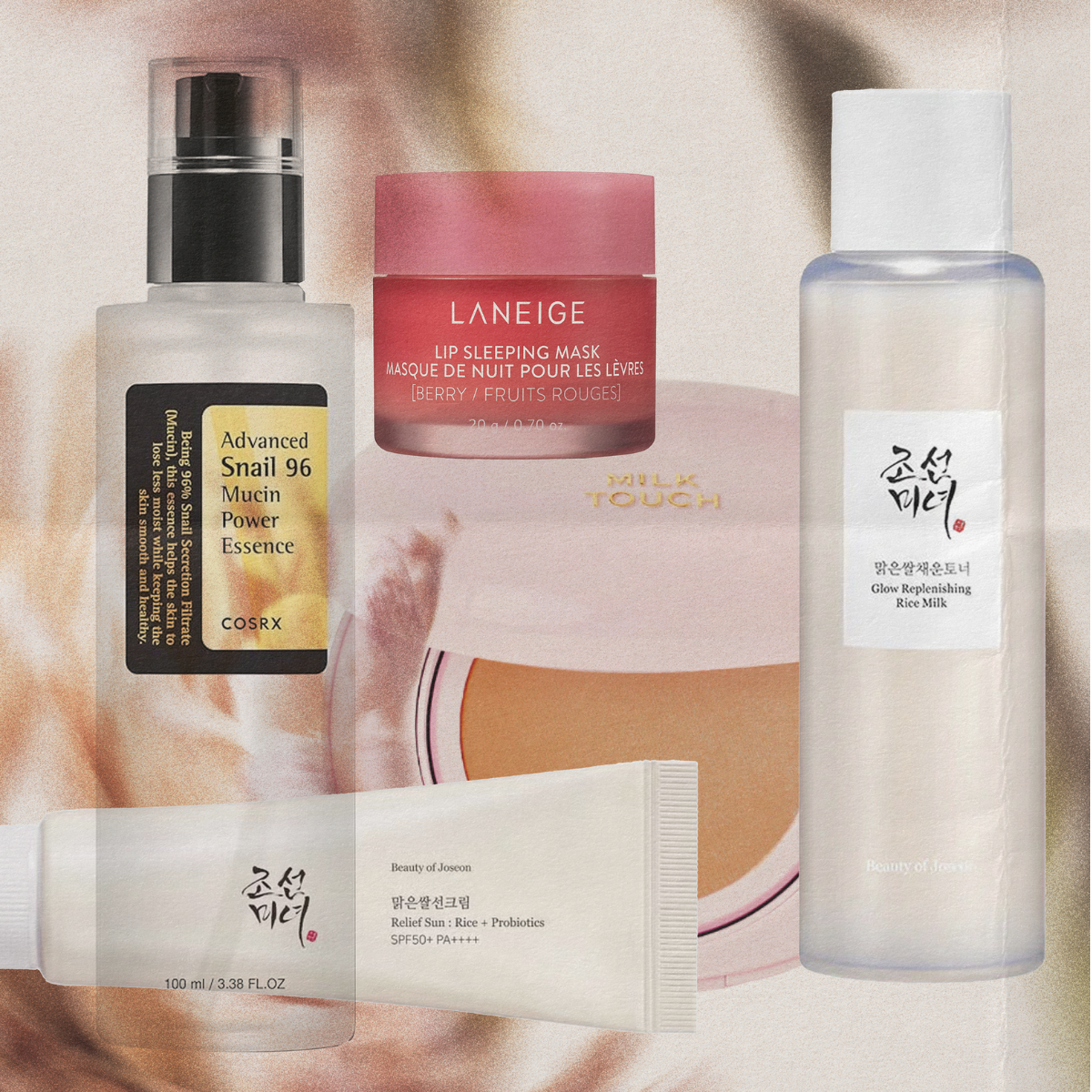 We're not for panic buying, but here's how Trump's tariffs might affect your K-beauty spending habits
We're not for panic buying, but here's how Trump's tariffs might affect your K-beauty spending habitsThey could impact the industry globally
By Nessa Humayun